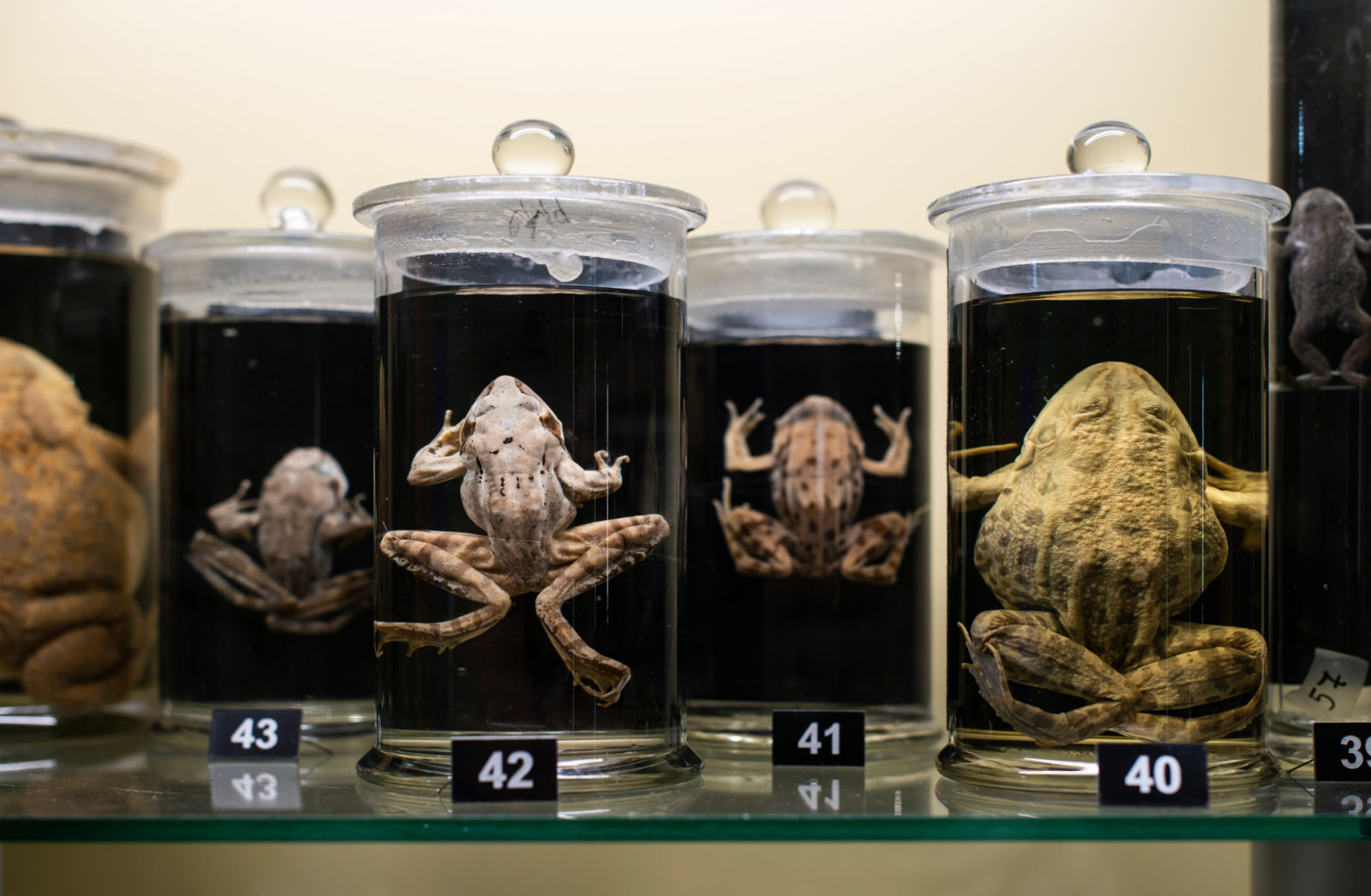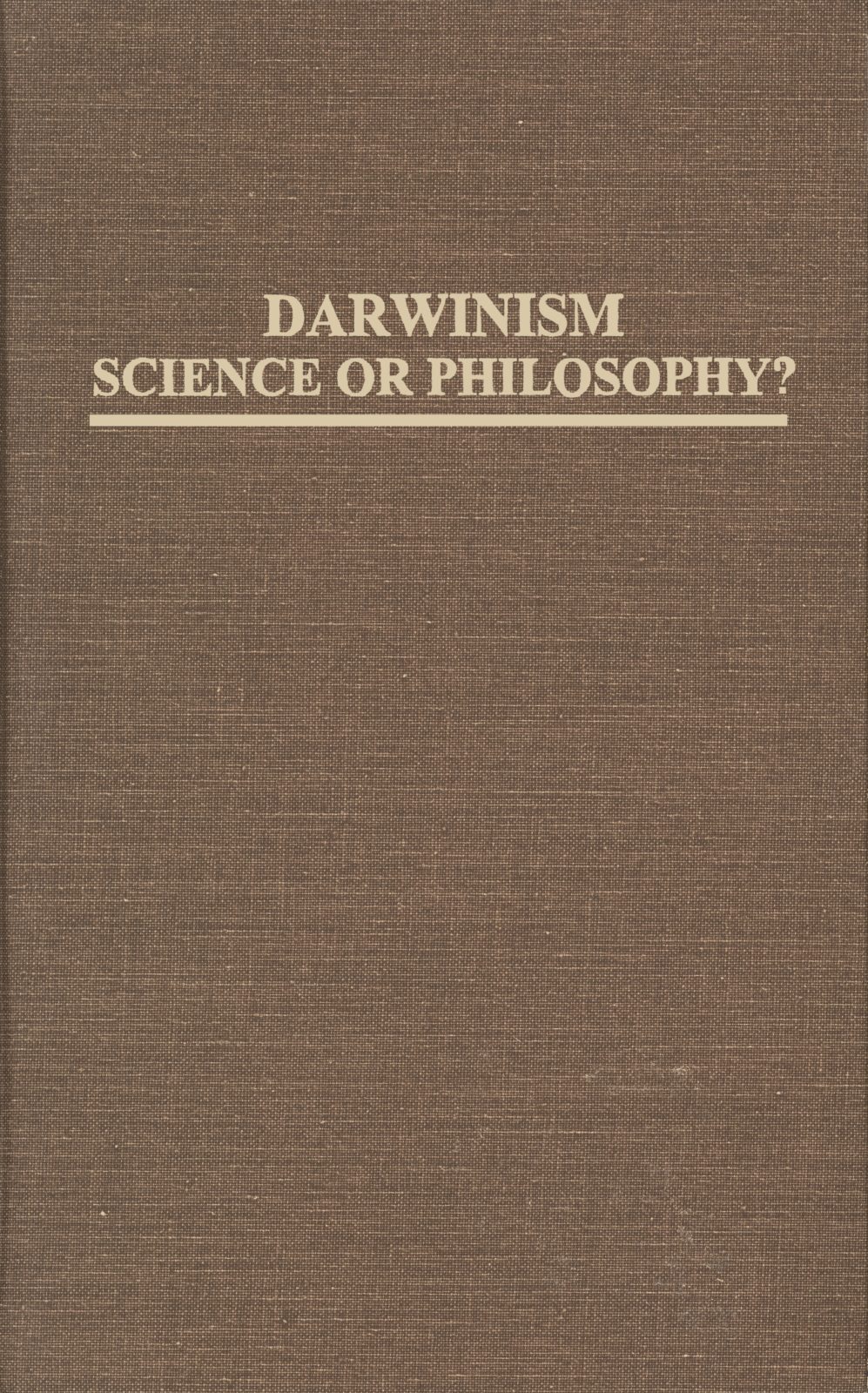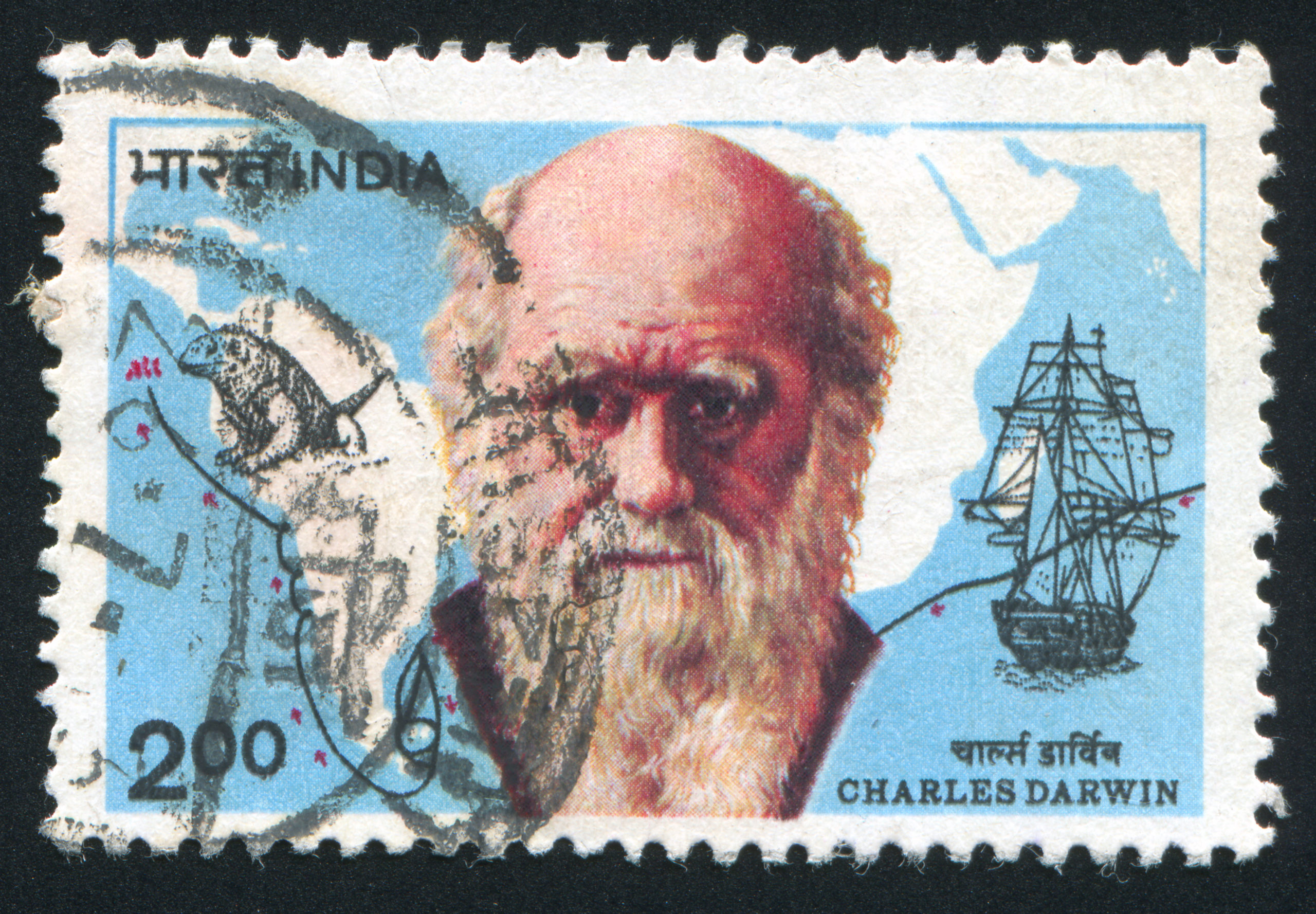A Report on the ASA Conference Debate on Pandas and People Textbook
On Sunday, July 23, 1995, at its annual meeting, the American Scientific Affiliation (ASA), an organization of Christians in the sciences, sponsored a debate on the supplemental biology textbook Of Pandas and People: The Central Question of Biological Origins, 2nd ed. (Dallas, TX: Haughton, 1993). This 170 page book, written by the biologists Dean Kenyon and Percival Davis, has engendered controversy since it was first published in 1989. Intended for use in public school classrooms as a constitutionally unobjectionable presentation of the notion of “intelligent design,” Pandas has found opposition wherever it is considered by state textbook adoption panels or school boards.
Pandas raises many issues, among them the scientific soundness of “intelligent design,” the empirical adequacy of neo-Darwinism, and the proper content of science education. Thus, members of the ASA resolved to air these differences in a debate, and invited Michael Behe, an associate professor of biochemistry at Lehigh University, and Kenneth R. Miller, a professor of biology at Brown University, to take opposing sides, with Behe defending Pandas, and Miller critiquing it.
Paul Nelson attended this meeting. What follows are his observations.
This is my report on the recent (July 23) ASA Behe/Miller debate about the book Of Pandas and People. Actually, I’ll have much more to say about my conversations with Ken Miller than about the debate itself. Like Mike Behe, I’d judge the debate a draw, or, perhaps more accurately, a stalemate. Ken wanted to hear how we (the design guys) explained the fossil record and earth history, and we wanted Ken to explain how complex biological systems evolved. Because neither Mike nor I had much to say about the fossil record, and because Ken pled ignorance about the actual mechanisms of evolution, I think the audience was left in some frustration (or confusion). Pandas took some genuine hits from Ken, but none, I think, that would sink the book. Certainly (as Mike pointed out), Ken’s own textbook Biology (Prentice-Hall) has problems – some of which Ken very honorably offered to fix in the next edition – and I think nearly all the problems Ken mentioned with Pandas are reparable, without affecting the book’s distinctive intelligent design thesis.
That thesis, of course, can’t be “fixed” (removed to accomodate methdological naturalism) without destroying Panda’s very raison d’etre. But I’ll come to that issue later. When Steve Meyer originally approached me about taking his place as “resident philosopher” at the debate, he mentioned that Ken was going to be Mike’s opponent. When I heard that, I couldn’t say no. Ever since I began reading his essays on the creation/evolution debate, in the early 1980s, Ken has struck me as the opponent I’d least like to face in a debate – in other words, as the most effective and articulate spokesman for the received view of evolution. When I heard him speak at the 1993 AAAS meeting in Boston, on intelligent design (and why organisms showed evidence of unintelligent design), I thought, now here’s someone I’d like to talk to, one-on-one, about evolution, because unlike the agnostics I usually talk to at the University of Chicago, who find problems with every evolutionary idea, he sure seems to know how the process works.
Read More ›

